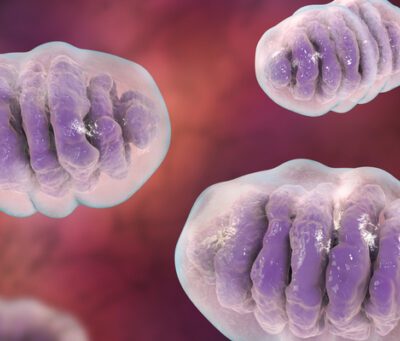Coffee May Help with Weight Loss and Reduce Risk of Diabetes
Coffee, the most popular beverage in Germany with an annual per capita consumption of 162 liters, has been found to have numerous health benefits. A study conducted by the University of Nottingham and published in the Scientific Reports journal has revealed that coffee can help overweight individuals lose weight and reduce the risk of diabetes. The study found that coffee stimulates the UCP1 transmembrane protein in brown fat cells, which converts fat into heat. This process can help with weight loss and reduce the risk of obesity-related diseases such as diabetes.
The human body has white, brown, and beige fat tissues. White fat tissue serves as a long-term energy store, while brown fat tissue provides quick energy and generates heat. The study found that increased activity in brown fat tissue leads to improved blood sugar and blood lipid levels, as well as weight loss due to the additional calories burned. The researchers sought to find a way to stimulate the activity of brown fat tissue, and found that caffeine in coffee can increase the activity of brown fat tissue by stimulating the UCP1 transmembrane protein.
The researchers conducted experiments with cell cultures and human subjects to confirm their findings. They observed changes in body temperature using thermal imaging after the subjects consumed a cup of coffee. The results showed that the stimulation of brown fat tissue by caffeine in coffee led to an increase in activity and heat generation. The researchers plan to conduct further studies to determine if other components of coffee also play a role in stimulating brown fat tissue. If the results are positive, coffee components could be used to develop a medication that helps with weight loss and reduces the risk of diabetes.
In conclusion, coffee has been found to have numerous health benefits, including weight loss and reducing the risk of obesity-related diseases such as diabetes. The study conducted by the University of Nottingham found that caffeine in coffee stimulates the UCP1 transmembrane protein in brown fat tissue, which converts fat into heat. The researchers plan to conduct further studies to determine if other components of coffee also play a role in stimulating brown fat tissue. If the results are positive, coffee components could be used to develop a medication that helps with weight loss and reduces the risk of diabetes.










